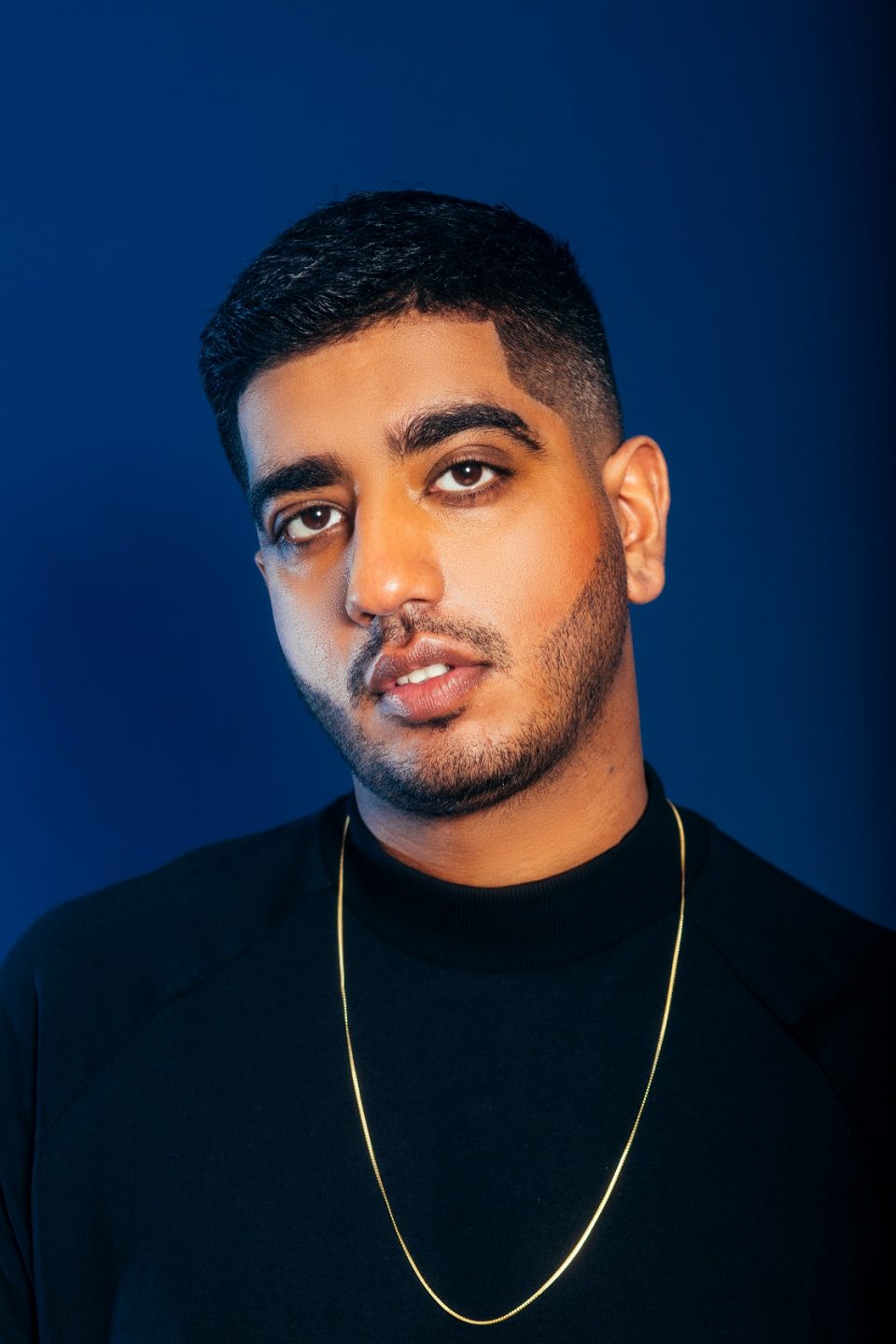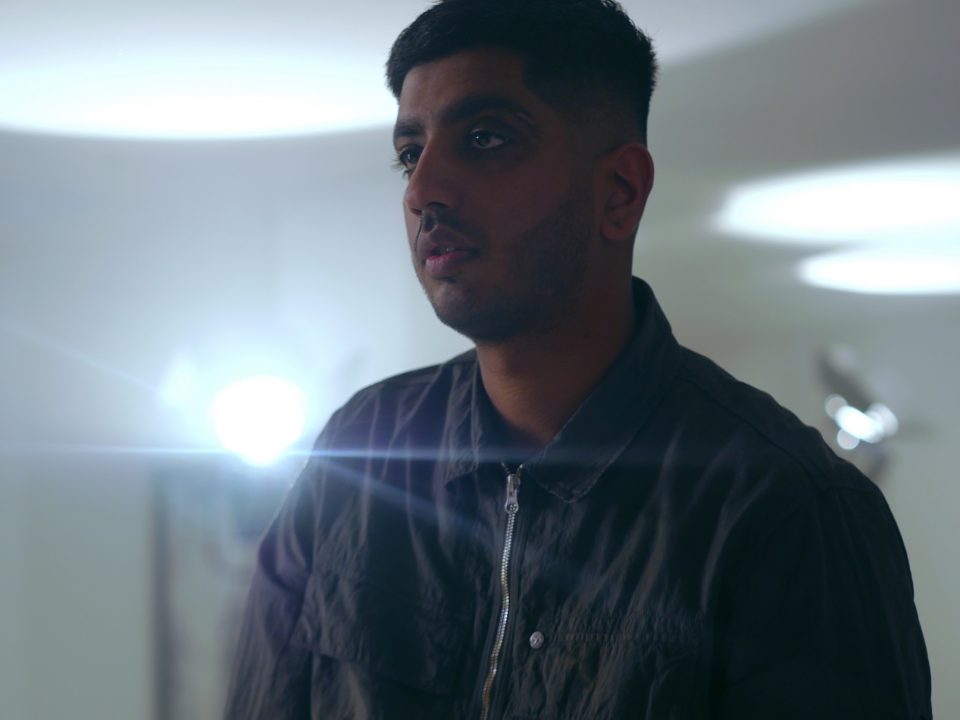Steel Banglez: ‘We’re In a Place Where We’re Past the Racism Stuff’
The UK producer on the east and south London music wave, investing in local talent and his label imprint Gifted

Steel Banglez is one of the most prolific and synonymous sounds to emerge out of East London. Photo: Sony Music India
Indo-British Producer Steel Banglez aka Pahuldip Singh Sandhu grew up in the London borough of Newham, listening to the sounds of India. His mother, an Indian classical music teacher, would sing to the beat of the harmonium, tabla and tumbi as Banglez and his two elder brothers gathered around. A steady stream of 90s Bollywood movies and radio shows further piqued young Banglez’s interest in music. Then his older brothers began to DJ at local clubs including Bagley’s and Legends, and the rest was history. Banglez didn’t know it then, but he was set to become one of the most prolific and synonymous sounds to emerge out of East London.
It was at the source of his music incubation where the Newham native first began to experiment in production. He aced music classes and his teacher — seeing potential in the lanky and hyper teenager — set up the digital audio workstation Cubase on his computer. Banglez hit the keyboard and began to make beats. “She really pushed me to become a music producer very early on at the age of 12,13 or so. It was really an advance for me, you know,” he says.
Banglez was entrepreneurial. At the age of 14, his tunes found themselves on the tracks of rising local legends, now big names in U.K. grime music. He produced D Double E’s “Colours” (even shadowing the MC) and grime artist Big H’s “Freestyle” from Practise Hours 2 (2006). Work had picked up momentum and he wasn’t looking to rest anytime soon. But fate, it had other plans.
17-year-old Banglez found himself imprisoned, serving three of a six-year sentence on a firearms charge. There was little to do to keep sane but to play the keyboard (prisoners were allowed a single instrument.) Music became his therapy and the cell his studio, leading him to friends and future collaborators. “I was moved to a specific area of the prison where I came across (rappers) Yung Meth and Fix Dot’M. I was playing the instrumentals on the keyboard and they started rapping and it just happened naturally you know. I think it was like therapy for everyone,” he shares.
Upon release, he dived into the south London rap wave which was ripe for a countrywide reckoning. He produced Yung Meth and Fix Dot’M’s mix-tape A Fix of Meth, MC Mumzy Stranger and Grime legend Wiley’s “Spaceman,” rap duo Krept & Konan, rappers Yungen and Chip’s “Go Down South,” among other projects, creating across an eclectic board of sounds. His tracks with rappers MoStack (on the 2016 mixtape Gangster With Banter), MIST (“Karlas Back”) and J Hus (“Fisherman” with Jae5) further propelled him, making his name a fixture behind chart-topping hits in the U.K. by 2017.
He signed with Warner Records in 2017, launching his own label imprint Gifted shortly after. “You know I named it ‘Gifted’ because I believe that we’re giving a gift to all the listeners and also, the people that are with me, like myself and my team, we’re gifted individuals. It (the label) promotes positivity and genius of people,” says Banglez.

“Develop your skill while developing the artist,” says Steel Banglez. Photo: Sony Music India
He views music as a blessing, one descending from many cultures and uniting them. “In the U.K. there’s blacks, whites, asians, browns and we all got to school together, we eat together, we go to the same clubs together. And I think we’re in a new place where we’re past the racism stuff. The integration of all races is very successful in the U.K. I wish I could promote that through my music and it’s (race politics in the music business) something that I try not to get involved in,” he says.
Banglez recommends that young producers invest in building a studio. It need not be an expensive affair: “Get hold of some equipment, three microphones, some keyboards and some speakers, and find an artist and develop the artist.” He stresses the importance of working with artists in the early stages of one’s career to understand the development of music. “Develop your skill while developing the artist,” says the producer.
Steel Banglez’s moniker is rooted in both religion and friendship. “The name was given to me by my best friend who is of Jamaican descent. I used to always have my kada on which is a Sikh religious symbol and he used to call me ‘bangles.’” Soon, ‘bangles’ was the only name anyone called young Banglez by, and he didn’t mind. “It’s a reminder that I come from a great culture and background. And it humbles me. It reminds me to be sincere, respectful and focused. Also, it reminds me that I have the power to be anything,” he says.



